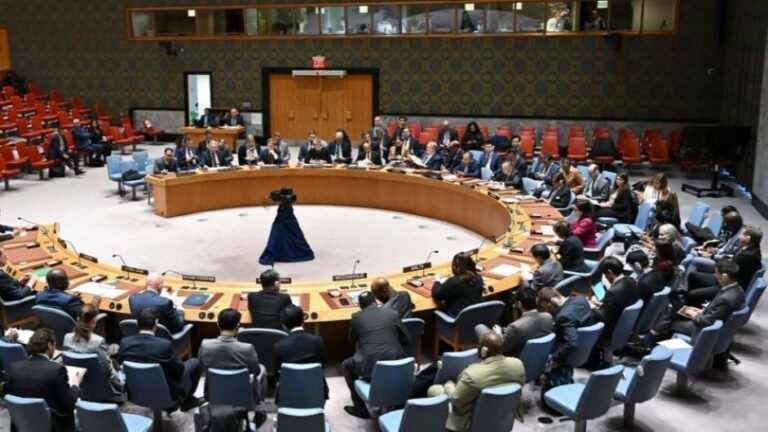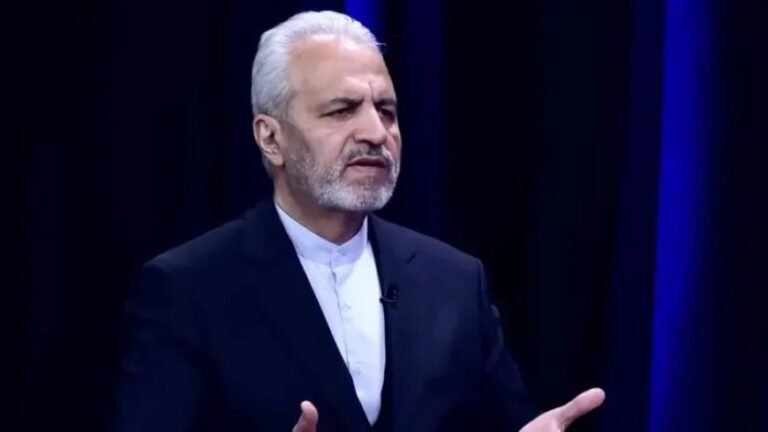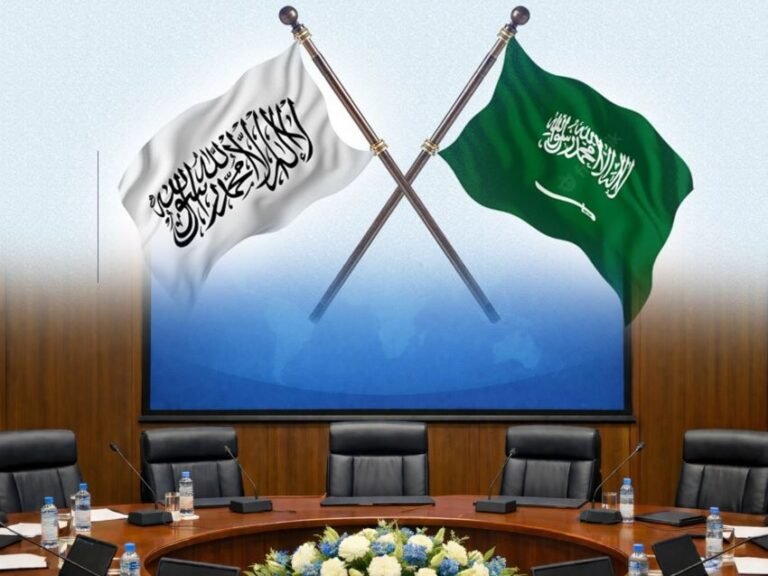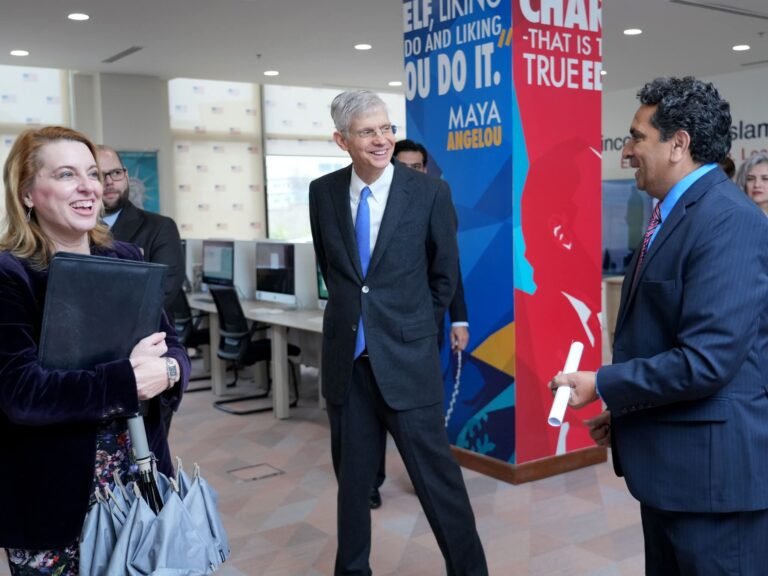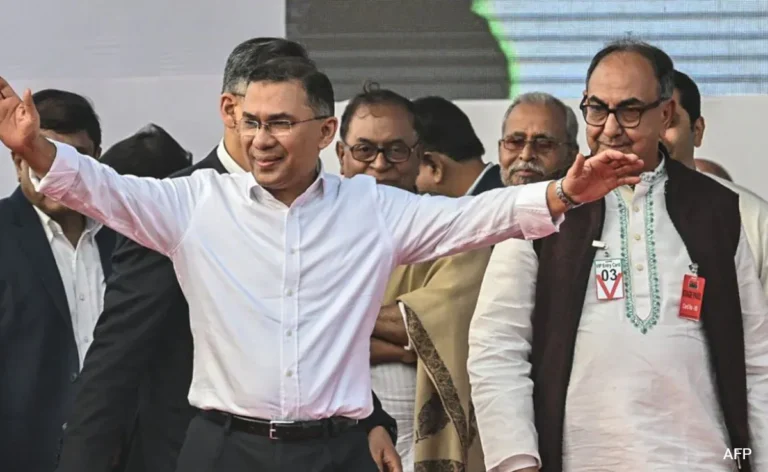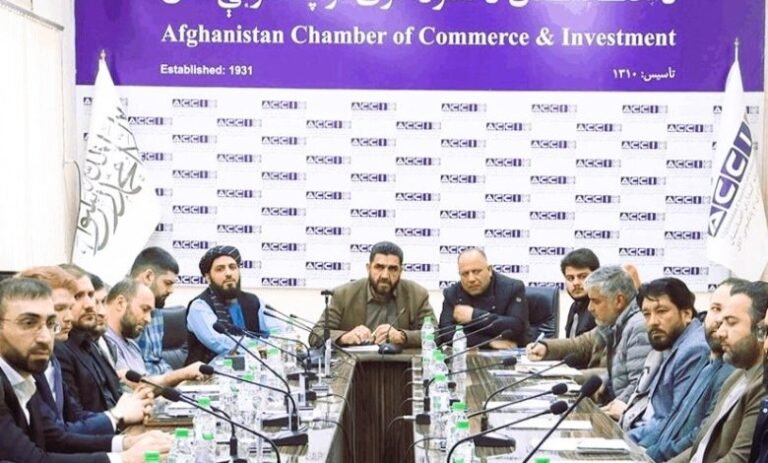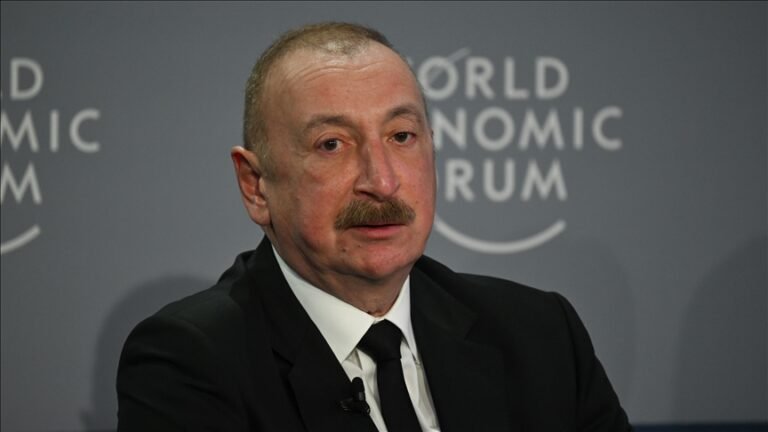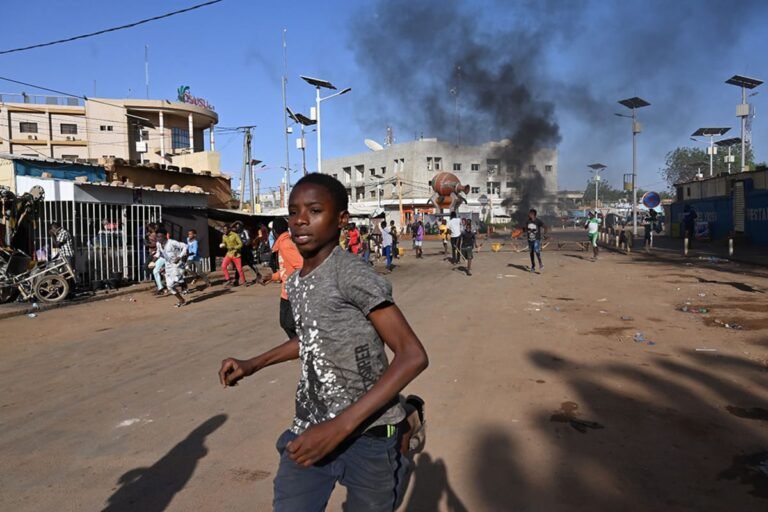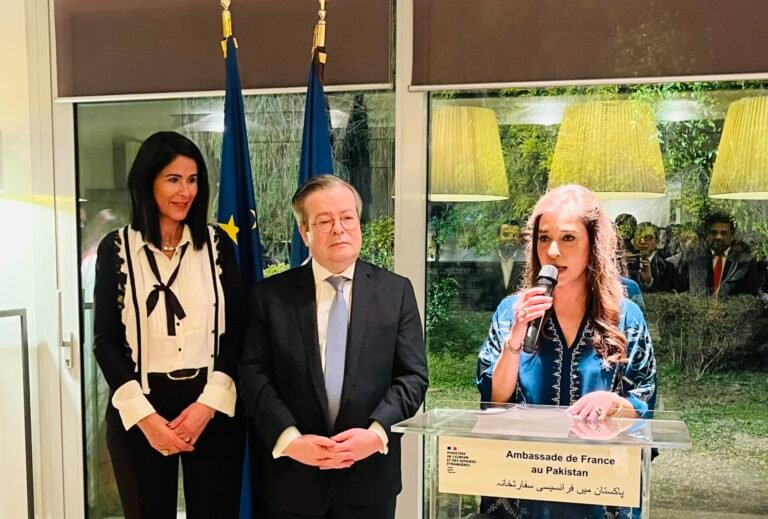The US and allied NATO forces started leaving Afghanistan in 2014, and their complete withdrawal took place by the end of 2021.
The withdrawal had significant implications for Pakistan, which has been a key ally of the NATO forces in the fight against terrorism and has been a major transit route for NATO supplies during the War on Terror.
As Pakistan adjusts to the region’s subsequently shifting dynamics, it must formulate a foreseeing and effective foreign policy to safeguard its interests.
Pakistan’s foreign policy has traditionally maintained friendly relations with its neighbors, especially Afghanistan.
However, the NATO withdrawal has created a new security environment in the region, which has positive and negative implications for Pakistan.
On the positive side, it has opened up new opportunities for Pakistan to expand its economic and political ties with Afghanistan to promote regional peace and stability.
On the other hand, it has also increased the risk of terrorism and security threats from militant groups operating in the region, like the recent terrorist activities from TTP in KPK and cross-border aggression on the western front.
Post-NATO withdrawal Regional Dynamics
Pakistan’s foreign policy after NATO’s withdrawal from Afghanistan is geared towards building strong relations with regional countries and securing its interests in the region.
Islamabad is focusing on strengthening diplomatic and economic ties with countries like Iran, China, and Russia, while also attempting to normalize its relations with India.
Pakistan is also attempting to ensure that Afghanistan remains peaceful and is not used as a platform for launching terrorist activities against its citizens. However, in recent escalation from the Afghan side, relations are in turmoil.
Also Read: Changing Dynamics of Pakistan’s Foreign Policy
Under the vision of Pakistan’s “peaceful neighborhood,” Islamabad also attempts to play a mediatory role between Afghanistan and its regional neighbors to ensure peace and stability.
In addition, Pakistan also steered to expand its economic ties with countries in the region and beyond to reduce its dependence on the United States, such as the recent visit of Pakistan’s Prime Minister to China.
Post US and NATO forces withdrawal in 2021, Pakistan expressed a keen commitment to increase its influence in the region by actively participating in regional forums and organizations such as the Shanghai Cooperation Organization and the Economic Cooperation Organization.
Islamabad hosted the 48th OIC session of the Council of Foreign Ministers. It passed the resolution on appointing a Special Envoy for Afghanistan to support economic and political engagements with Afghanistan.
Pakistan’s Foreign Policy towards Afghanistan
Since President Obama decided to withdraw some of the combat troops in 2014, Pakistan has sought to develop a constructive role to ensure peace and stability in the region.
This includes diplomatic efforts to resolve the conflict between the Afghan government and the Taliban and efforts to improve economic and social ties between the two countries.
Also Read: Afghanistan under Crisis: The Way Out
Pakistan has been a key partner in facilitating the Afghan peace process, including hosting several rounds of negotiations between the United States and the Taliban.
After the US and NATO forces withdrew, Pakistan invited the interim Foreign Minister of the Taliban regime in Afghanistan to Pakistan in November 2021. The recent visit of Pakistan’s State Minister for Foreign Affairs to Afghanistan shows Islamabad’s commitment to a stable and peaceful neighboring.
In addition, Pakistan has sought to improve cultural and educational ties between the two countries. This includes establishing medical and education facilities and the Afghanistan-Pakistan Educational Exchange Program, enabling students from both countries to study at each other’s universities.
Pakistan has also strived to strengthen its security ties with Afghanistan, including the visit of the delegation from Pakistan’s side led by General Faiz Hameed Gul to Kabul in September 2021.
These security dialogues aimed to promote mutual understanding and confidence between the two countries and strengthen their joint efforts to combat terrorism.
Unfortunately, the recent escalation at the Chaman border shows the tensest time between Afghan-Pakistan relations in post-US withdrawal in 2021.
Overall, Pakistan’s foreign policy with Afghanistan has been focused on promoting peace and stability in the region. Pakistan has sought to build bridges between the two countries and develop a constructive relationship that will benefit both sides.
Changing dynamics in the US-Pakistan relations
Pakistan’s foreign policy toward the United States has been in flux since the US withdrew from Afghanistan. With the US-Afghan peace deal in place, Pakistan has taken a cautious approach to maintaining good relations with both countries.
Pakistan has maintained its commitment to the Afghan peace process. It has sought to maintain a constructive relationship with the US to ensure that Afghanistan remains a stable and prosperous country.
In particular, Pakistan has been keen to ensure that the US maintains its regional presence to help combat terrorism and promote economic development.
At the same time, Pakistan has looked to expand its economic and diplomatic ties with other countries, particularly those in the Middle East, Central Asia, China, and Russia.
Also, Former Prime Minister Imran Khan’s visit to Russia came when the US supported Ukraine against Russia in February 2022.
After 2021, Pakistan’s strategic relations with the US have been in shaking mode as former PM Khan’s “Absolutely Not” to the USA on using Pakistan’s land and air space to conduct strikes on terrorists in Afghanistan and his claim toward the United States of controlling political spectrum in Pakistan and conspired to oust him.
Pakistan’s foreign policy towards the US post-2021 is shaped by the country’s efforts to build closer ties with other countries while maintaining a constructive relationship with the US.
Pakistan is also continuing to seek a peaceful and stable Afghanistan and promote economic development in the region.
Potentials for Pakistan’s Foreign Policy
In light of these changes, Pakistan must formulate a foreign policy that is farsighted and responsive to the new security environment.
This must include a strong commitment to regional cooperation and farsighted measures to counter terrorism and militancy.
Pakistan’s foreign policy should also ensure that the changing dynamics in the region are not undermining the country’s security interests.
At the same time, Pakistan must also ensure that its foreign policy is balanced. It must not become overly dependent on any single power, whether the United States or regional rival India.
This will ensure that Pakistan can maintain its independence, sovereignty, and strategic autonomy.
Besides that, Pakistan must also ensure effective engagement with the international community and its regional partners.
This includes strengthening its diplomatic ties with other countries in the region, as well as engaging in multilateral dialogues as we have seen including the 48th OIC CFM summits, establishment of the Loss and Damage Fund in COP27, and recently Foreign Minister Bilawal Bhutto’s presence at UNSC and chairmanship of G77+China.
This will enable Pakistan to protect its interests and ensure that its foreign policy is effective and successful.
*The views presented by the author in the article are their own and do not reflect the position of The Diplomatic Insight. Nor does The Diplomatic Insight bear any responsibility for the accuracy of the information cited.
Student of BS Peace and Conflict Studies at NUML, Islamabad
- This author does not have any more posts.



